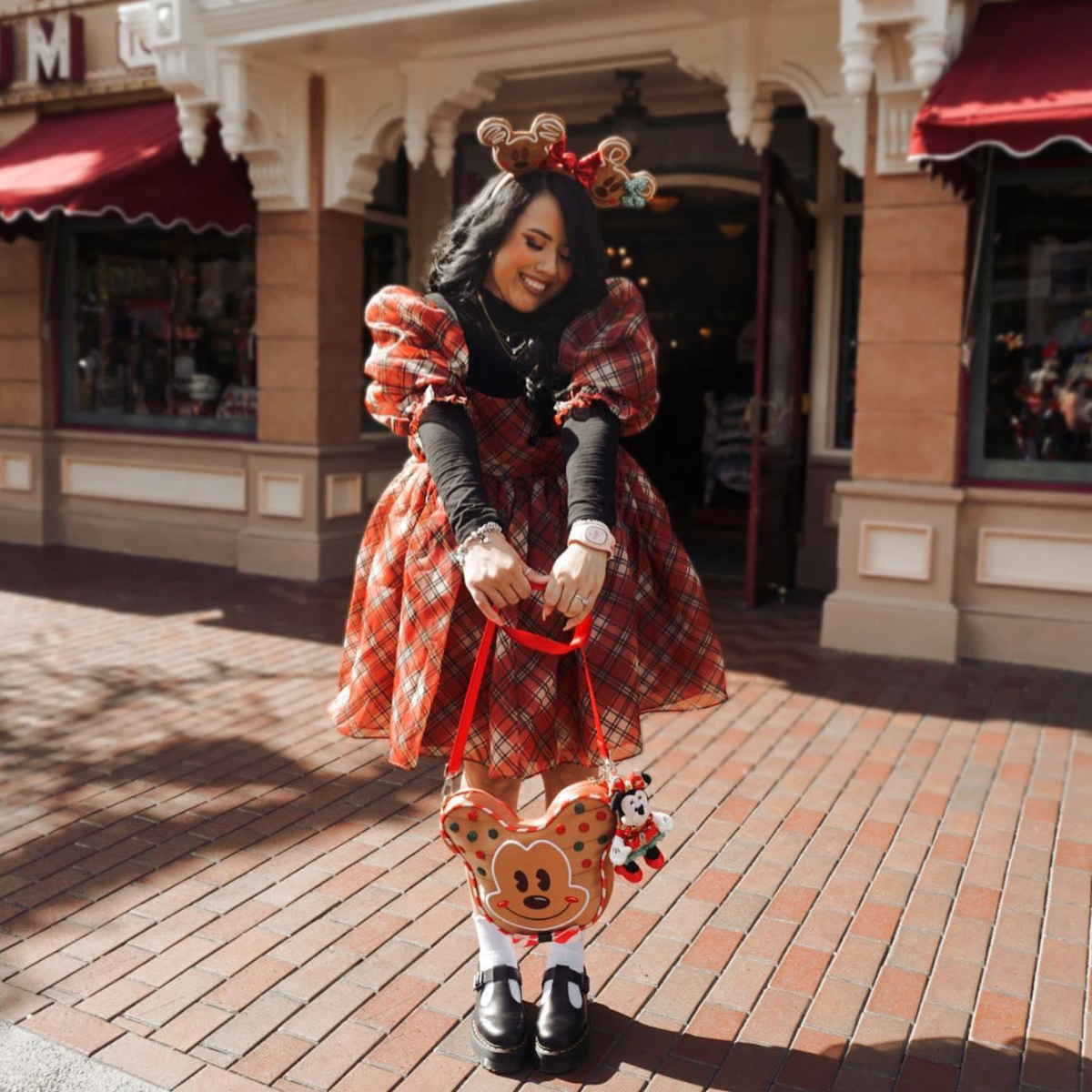In the dynamic world of fashion marketing, staying ahead of trends and engaging customers effectively is paramount. To streamline workflows and maximize efficiency, fashion marketers should embrace the power of Artificial Intelligence (AI). AI technologies offer numerous benefits that can enhance various aspects of marketing, from content creation to customer engagement. In this article, we explore six ways marketers at fashion brands should start considering using AI and highlighting the benefits and potential drawbacks of leveraging AI to discover User-generated Content (UGC).
Data-Driven Customer Insights
AI-powered analytics tools can help fashion marketers gain valuable customer insights by analyzing vast amounts of data.
Pros: AI algorithms can identify patterns, preferences, and behavior trends of customers, enabling marketers to understand their target audience more comprehensively. This allows for more accurate targeting, personalized campaigns, and improved customer experiences.
Cons: Marketers should ensure they have access to accurate and diverse data sources to avoid biases and limitations in their insights.
Insights & optimization should be real-time and accurate in order to produce actionable intelligence to grow business. Obtaining results should be quick and comprehensive to optimize workflow.
UGC Discovery and Product Discovery
AI-powered tools can help marketers discover User-Generated Content (UGC) related to their brand or products and utilize it effectively.
Pros: AI algorithms can scan social media platforms and online communities to find UGC that showcases real customers wearing or using fashion items. Incorporating UGC in marketing campaigns increases authenticity, social proof, and customer engagement.
Cons: Marketers should exercise caution in selecting and obtaining consent (rights management) from individuals featured in UGC to ensure legal and ethical compliance.
The integration of AI technologies into fashion marketing workflows offers significant advantages for streamlining processes, enhancing customer experiences, and driving business growth. Marketers can leverage AI to gain data-driven insights, facilitate visual search, deliver personalized recommendations, optimize influencer marketing, improve supply chain management, and harness the power of UGC. While AI brings remarkable benefits, marketers must also be mindful of potential drawbacks.
Platforms like Social Native select the best visual content for your brand through a unique blend of AI-powered technology and human expertise. At the simple touch of a button, you can collect, receive rights, and repurpose content through social channels, galleries, and product pages.
Personalized Recommendations
AI algorithms can analyze customer behavior, purchase history, and browsing patterns to deliver personalized product recommendations.
Pros: Personalization increases customer engagement and conversions by presenting relevant fashion items tailored to individual preferences. This enhances the overall shopping experience and fosters brand loyalty.
Cons: Marketers should strike a balance between personalization and privacy concerns, ensuring they have transparent policies and gain customer consent for data usage.
Influencer Marketing Optimization
AI can assist fashion marketers in identifying the most suitable influencers for brand collaborations.
Pros: AI algorithms can analyze social media data, engagement metrics, and audience demographics to match brands with influencers whose audience aligns with their target market. This streamlines influencer selection and improves campaign effectiveness.
Cons: Marketers should consider the limitations of AI algorithms in assessing influencer authenticity and compatibility. Manual evaluation and personal judgment remain crucial in ensuring genuine brand alignment.
Supply Chain Management and Forecasting
AI technologies can optimize fashion companies’ supply chain management and forecasting processes.
Pros: AI algorithms can analyze historical sales data, market trends, and external factors to forecast demand, optimize inventory, and enhance production efficiency. This leads to better resource allocation, reduced costs, and improved customer satisfaction.
Cons: Marketers should be aware that AI forecasting models are based on historical data and assumptions, and unexpected events or shifts in customer behavior may introduce uncertainties.
Marketers in the fashion industry can see that the integration of AI technologies offers significant advantages for streamlining processes, enhancing customer experiences, and driving business growth. Marketers can leverage AI to gain data-driven insights, facilitate visual search, deliver personalized recommendations, optimize influencer marketing, improve supply chain management, and harness the power of UGC.
If you’re looking for a UGC and influencer marketing partner, Social Native serves over 1,500+ global brands and has over 1.6 million creator activations from UGC to original content.





















